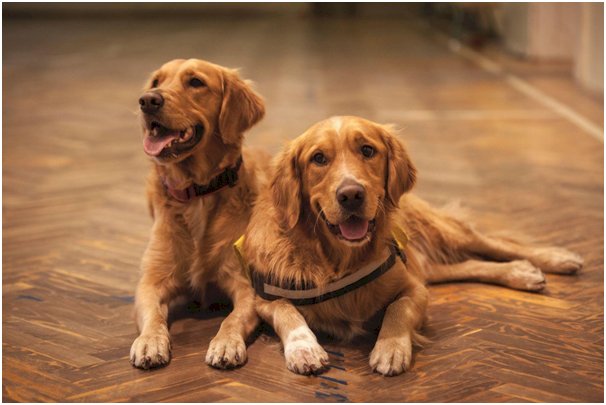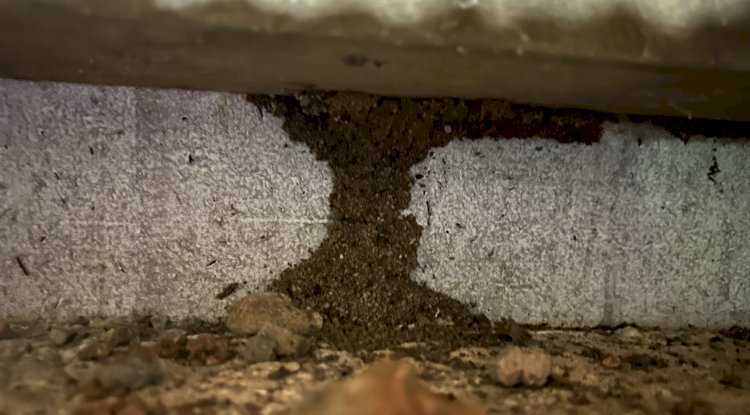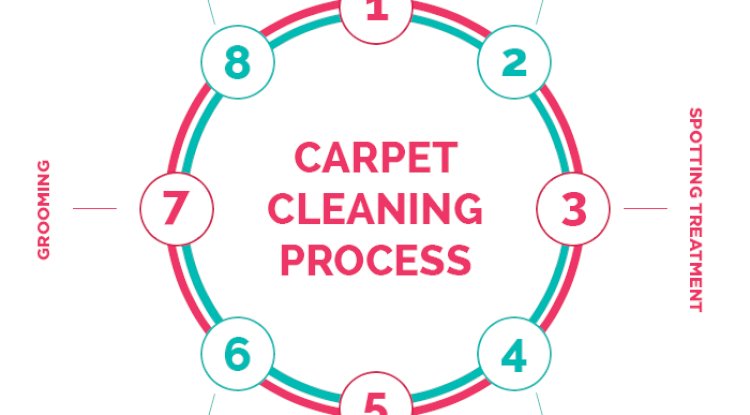Training Your Canine Companion to Assist with Household Cleanliness
A key component to successfully training dogs in cleanliness is understanding their natural behavioral patterns.

For many, dog ownership and becoming a breeder can be made difficult by the inevitable messes that come with having a furry friend in the house. However, with appropriate training, dogs can not only reduce their mess in the household but also actively assist in maintaining a cleaner home environment.
Understanding Canine Behavior and Cleanliness
A key component to successfully training dogs in cleanliness is understanding their natural behavioral patterns. Dogs, descendants of wolves, are naturally pack animals. They thrive on structure, routine, and hierarchy, all of which can be leveraged positively in training.
Potty Training
One of the first things that come to mind when discussing dogs and cleanliness is potty training. When done properly, it prevents soiling in the house, making it a top priority for new dog owners. Dogs naturally prefer not to go potty in their living space. Crate training should be done so that they can learn to control themselves until they’re let out to go outside or in their designated potty area.
Preventing Dirt Tracking
Dogs love outdoor play, but this often results in muddy paws and subsequently, dirty floors. Training dogs to wait at the door and have their paws cleaned can significantly minimize this issue. This training should start with a consistent command, such as "wait," followed by gentle paw wiping. Over time, dogs can be taught to associate the command with the action, and can learn to sit patiently while their paws are cleaned.
Toy Clean-up
Remarkably, dogs can also learn to clean up after their playtime. By teaching dogs the names of their toys and the command "put away," owners can train them to return toys to a designated storage bin. This not only keeps the house tidy but also provides mental stimulation for the dog.
Reducing Shedding
Shedding is a natural part of a dog's life, but regular grooming can significantly reduce the amount of hair left around the house. By getting your dog used to being groomed regularly, your dog will learn to enjoy this process, making it a bonding activity that promotes cleanliness.
Avoiding Trash Digging
A common issue dog owners face is their pets digging into trash cans, creating messes. You can train dogs to avoid trash cans by giving them the "leave it" command. Consistently reinforcing this command around trash cans can prevent future messes.
Food and Water Spills
Dogs often spill water and food around their feeding area. One way to address this is to train dogs to eat and drink calmly. This can be achieved by introducing food and water gradually, encouraging slower consumption, and reducing spills.
Consistency and Patience in Training
Regardless of your method of training, two elements are universally crucial: consistency and patience. Training a dog to assist with cleanliness is a process that requires persistent reinforcement and ample time. Dogs learn through repetition, and their behaviors change over weeks and months, not hours and days.
Positive reinforcement is rewarding dogs for exhibiting the desired behavior. Giving treats, praise, or petting them when they do something good encourages them to repeat that behavior. This method is usually more successful than punishment for bad behavior and creates a stronger bond between the pet and the owner.
Conclusion:
When embarking on the journey of training your dog to assist with cleanliness, remember that every dog is unique. What works perfectly for one might not work as well for another. Patience, persistence, and positivity are key elements to any successful training program. Celebrate small victories along the way, and don't get discouraged by setbacks.
In time, with consistency in training and reinforcement, even the messiest of canine companions can learn to contribute to the cleanliness of the household. The journey might require some time and effort, but the rewards - a clean home, a stimulated pet, and a stronger bond with your furry friend - are well worth it.
Share
What's Your Reaction?
 Like
1
Like
1
 Dislike
0
Dislike
0
 Love
1
Love
1
 Funny
0
Funny
0
 Angry
0
Angry
0
 Sad
0
Sad
0
 Wow
0
Wow
0


















1
1